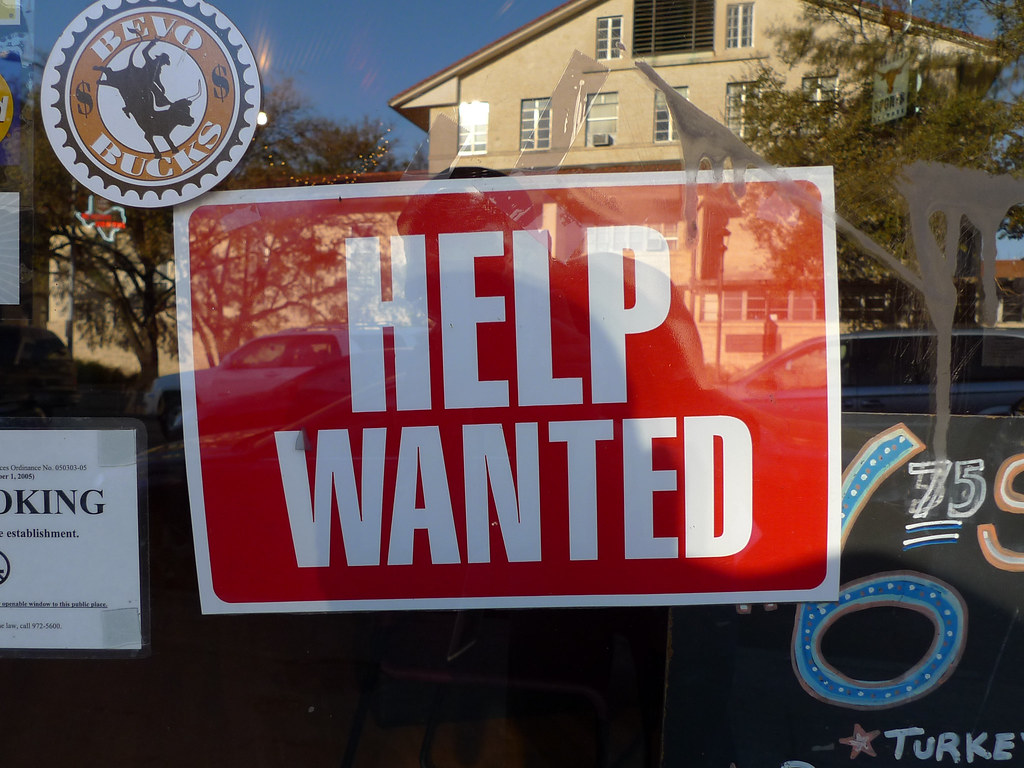The other night, my wife and I went to our local brewery. They had posted on Facebook that their Double IPA is back. It is, and this is no exaggeration, one of the best beers I have tasted – strong, without being overpowering, and a smoothness rarely found at such an ABV. I had two pints of it. Tonight, I’ll have a couple of glasses of wine with a few friends.
None of this should sound particularly controversial. But, in a thought-provoking piece in this venue, Tim Hsiao argues we should treat this like buying a firearm, and if there should be background checks for firearms then there should be background checks for buying alcohol (and if there shouldn’t be checks for alcohol, there shouldn’t be checks for firearms). I want to probe his argument by looking at some of the background assumptions in place.
Every few months, there seems to be a piece on Americans’ relationship with alcohol (sometimes sponsored by companies with a vested interest in stoking some fear). A recent piece by Kate Julian in The Atlantic is badly titled “America Has a Drinking Problem.” It’s a bad title because it falls into the trope of always writing about drink in terms of a problem, but the piece is much more nuanced: “Am I drinking too much? And: How much are other people drinking? And: Is alcohol actually that bad? The answer to all these questions turns, to a surprising extent, not only on how much you drink but on how and where and with whom you do it.”
The conclusion is that the sort of drinking I spelled out in the opening paragraph is good. Summarizing Edward Slingerland’s Drunk, Julian notes how drinking helps us be more creative and enhances social bonding. And she points out that, especially after the asocial years of pandemic living, being sociable is positively good for us and supports our health.
But not all social drinking sees the benefits outweigh the cost. Drinking can make us aggressive, damage our livers, and can be addictive. But what is key, and what Julian stresses, is that there are different forms of drinking. And there is a large class of drinking – moderate social drinking – that has a substantial benefit.
To recognize this undermines Hsiao’s argument that we should treat firearms and drinking the same. His argument is that alcohol abuse causes more deaths than firearm use and is involved in many more crimes. But this blunt comparison runs all forms of drinking together and ignores the benefits. The fact that a large class of drinking plausibly is a net social good means that Hsiao must do much more work to reach his conclusion. He needs to show that firearm ownership is as beneficial as drinking and that the costs of background checks are similarly proportionate. Otherwise, the analogy falls apart.
But what are the net benefits of firearm ownership? For one, there is hunting, which provides both a source of nutrition and an important social activity for many. But a 2013 study found that around half of gun owners own a firearm for self-defense purposes. There is an argument – a contested one – that owning a gun for self-defense actually increases your risk of harm, because it increases the risk of an accident, misuse, and even suicide. Further, the U.S. has a much greater rate of gun violence than other wealthy countries, many of which have stricter controls on gun ownership.
So, we have seen a plausible argument that alcohol consumption is (in general, or at least in a major set of cases) good, and have also seen a plausible argument that owning a gun – given the risk of misuse, accidents, suicide, or violence – may well be a net negative. Plausibly, we can increase the chance that firearms are used properly if we mandate background checks that increase the likelihood that firearm use will be a net positive: appropriate self-defense or hunting, say.
Perhaps this sets up an argument that some firearms and some drinking should not face background checks, but others should. But the other side of the coin is that background checks on any form of alcohol consumption will be much more onerous than checks on firearms. For one, alcohol is more immediately consumed than firearms are used. After all, few people buy a firearm for immediate self-defense or a last-second hunting trip, but we buy beers for immediate consumption or a bottle of wine to take to a dinner party.
Further, there are many more individual transitions involving alcohol. Americans buy around 40 million firearms a year and there are around 400 million firearms in the U.S.. According to one estimate, the average drinking-age adult drinks around 200 pints of beer a year (to say nothing of cider, wine, or liquor). And there are, conservatively, 200 million drinking-age adults in the states. I’ve struggled to get any precise statistic on the number of transactions involving alcohol per year, but if 200 million adults drink around 200 pints of beer each (even if they’re buying packs of 16 cans), it isn’t hard to see that there will be vastly more transactions involving alcohol than the 40 million firearms sales a year.
Even if drinking alone or binge drinking is a net loss, it would be onerous to get everybody to either undergo a background check or somehow prove that they are drinking socially. For Hsiao’s argument to go through, he would have to show that the costs of drinking so outweigh the benefits of social drinking that they justify treating alcohol purchases like firearm purchases, and this needs to take account of the extra cost involved: people buy alcohol much more regularly than they buy firearms.



